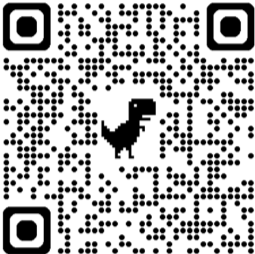Wheel of Critical Thought
Critical thinking terms and vocabulary review
Create multiple-choice games on Wisc-Online and play them on our Chakalaka mobile app!
But that's not all! Explore educational games created by others. Simply search by category or enter agame code number and dive into a world of learning and fun.
Download the Chakalaka mobile app here:

Topics of this game:
User comments are currently unavailable. We apologize for the inconvenience and are working to restore this feature as soon as possible.

